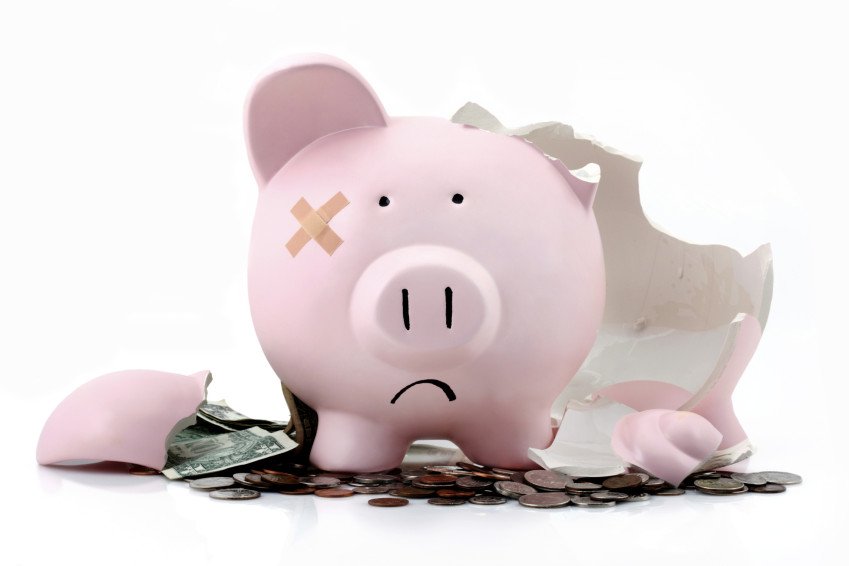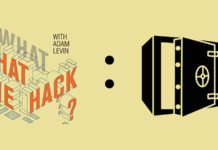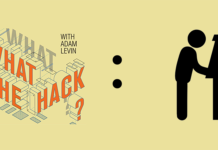
The word “economy” comes from the Greek “oikos” or “house.” Lately, the global economy has been like a nightmare episode of “Holmes Inspection.” You know the one. The owner fixes one problem only to find a more insidious problem underneath. Confidence in the contractor quickly turns into fear of the unknown and soon a new floor turns into a new foundation. It all goes way over budget and none of it is to code. It’s how big renovation projects go bad all the time and it’s how troubled economies become economic disasters. Unfortunately, America doesn’t have Mike Holmes to come to the rescue and make everything right.
While the trouble with the global economy may seem safely quarantined by the Atlantic Ocean and the boundaries of the European Union, Americans should be on high alert, because things could go from bad to unimaginably bad with one bad economic resolution “over there.”
The big news of the past week was that Greece would get bailed out and be leaving the money pit of “This Old Economy.” On this week’s episode: Italy.
Ah yes, just when the eternal optimists among us were beginning to feel slightly better about chances for a modest recovery, another international domino begins to totter and potentially threaten the fabric of the world economic situation, again. The Italian economy seems to be unsustainable and default on its sovereign obligations seems imminent. The situation in Italy is really much worse than the one that seems to have been resolved very expensively in recent weeks in Greece.
Italian debt has ballooned over many years and now stands at a staggering 130% of its GDP. In order to meet its obligations, Italy will have to borrow some €300 billion in 2012, about another 20% of the GDP. Unfortunately, even that unthinkable amount will barely sustain the status quo. The bailout of Greece was accomplished by several public and private institutions, most prominently big European banks agreeing to take as much as a 50% haircut on their debt. In contrast, Italy is a much larger economy and likely cannot go down the same path. The stronger economies of northern Europe simply cannot afford to bail out the largest economy in southern Europe, especially with Spain and Portugal lurking behind Italy with similar problems.
So now you’re thinking, OK, Levin, thanks for the global village primer, but what does all of this really have to do with me?
Here’s the deal. First and foremost, has your stomach been churning lately as the stock market has been doing its impression of a seismographic needle during a 6.0 earthquake? I think by now, it has become pretty obvious to a whole lot of people that our stock market is extremely susceptible to negative swings resulting from problems in Europe. Make no mistake, mutual funds and 401(k)s can be very directly affected by any European collapse.
Judging by how the market reacted to the mere threat of default from the relatively small economy of Greece, the much larger problems in Italy could easily herald a more significant decline in U.S. stock prices, at a time when many of us need to rely on retirement funds that either are directly or indirectly invested in U.S. equities. Worse, an Italian default is much more likely to produce truly systemic problems for the EU, quite possibly signaling the end of the euro, or at least the rebirth of the lira.
Secondly, the EU taken as a whole is the world’s largest economy, and a very important consumer of U.S. exports. Given the anemic consumer demand in the United States, a drop in exports to Europe at this moment would likely derail the meager growth we in the U.S. have experienced over the past few quarters.
But most importantly, an Italian economic debacle could easily trigger a European economic debacle, resulting in the failure of the European banking system and rampant political instability (as if there weren’t enough already).
Remember what happened in the United States just three years ago? After the collapse of Lehman, the notion that our entire financial system could self-destruct became, at least for a time, believable. Credit froze solid for a period of several months (not that anyone I know is feeling the warmth of a thaw at the moment) and many people didn’t need to reread HG Wells to time travel to the ’30s. We really were teetering on a very sharp edge.
Now, whatever your thoughts about the bank bailout in the U.S., or the behavior of the mega-banks following the bailout, without it a Hoover-style depression was quite possible. And ultimately, what the Fed did in bailing out the banks was essential to rebuild confidence in the U.S. financial system—not just the confidence of the American people—but the confidence of banks, institutions and governments around the world.
Last month, The Consumer Confidence Index published by the Conference Board dropped to 39.8 which, but for the trough of the ’08-’09 crisis, is the lowest it has been since the index was created forty-four years ago. Another index published by the Conference Board—the index of CEO confidence—also dropped and is hovering near historic lows. Translation: Everybody’s freaked out and depressed.
Confidence—or the belief that our retirement funds will be there, that we’ll always have a job, and that the world is a safe place to live in, at least economically—is the lifeblood of the American economy. Confidence among business and political leaders, here and abroad, is the lubricant of society. When confidence dries up, credit dries up, money dries up, and commerce dries up, bringing us perilously close to the arid conditions of the Great Depression. So even though the American financial system and American (used-to-be-but-no-longer-really) too-big-to-fail banks are not significantly exposed to any potential default of a European government, the failure of the European financial system would strike a very dangerous blow to the U.S. economy. And even though most Americans have perhaps only a vague notion of what’s going on in far-away southern Europe, it really should be thought of as what’s going on next door in the global economy that exists in the 21st-century.
In other words, just imagine an episode of the Vanilla Ice Project where Ice accidentally screws up the wiring to a house (Italy), which in turn knocks out the power to the entire block (The EU), and that somehow manages to fry the entire electrical grid of a large Florida gated community (the global economy).
Note that the above scenario is rather unlikely… Ice seems to know his stuff.
But I digress.
Consumer spending drives the United States economy and consumer confidence drives consumer spending. We all need to be able to believe in a reasonable future, one that looks reasonably like the recent past.
And so my friends, when judging what’s going on in Europe, assessing our future prospects as individuals, or America’s future prospects as a nation, it would be wise to reflect as well upon the observation of economist Stuart Chase: “For those who believe, no proof is necessary. For those who don’t believe, no proof is possible.”
This story originally appeared on Credit.com.










